Cultivating Greener plants
for a Sustainable Long-lasting Eco-friendly tomorrow
At Cocofibre, we provide high-quality, sustainable coco fibre, derived from coconut husks, for diverse applications in gardening, crafts, and industrial uses.
About Coco Fibre
In commercial and residential gardens, these peat blocks have successfully taken the place of peat moss because they break the dormancy of seeds in nearly all blooming plants and vegetable crops, hence causing early germination of seeds. The exceptional positive qualities are what have made them popular.
Fine granules and fibers can be found in the husk that surrounds the hard coconut. The fine substance, known as coco pith, remains after the majority of the fiber has been extracted.
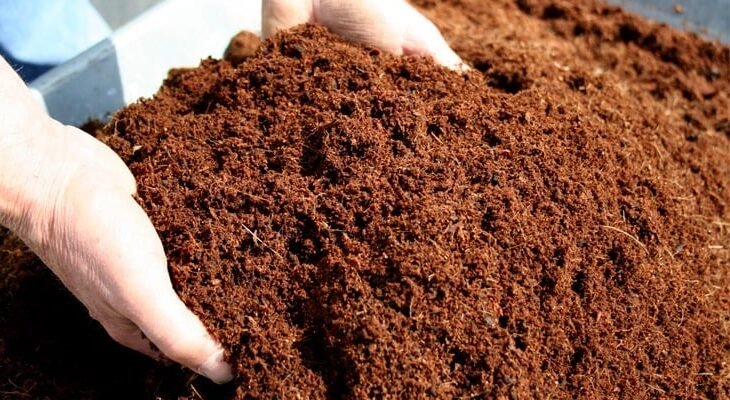
Features of Coco Fibre
These features combine to make coco fibre a versatile and sustainable material across a variety of industries.
Naturally High Air-Porosity
This feature is particularly important in potting mixes, as it helps to create an optimal balance of air and moisture for plant roots, enhancing overall plant health.
Water Retention
It has excellent water retention properties, which is why it's commonly used in gardening and horticulture. It can absorb moisture and release it slowly, promoting healthy plant growth.
Stable Material
The stability of coco pith ensures that it maintains its structure and functionality as a growing medium over a long period, providing consistent results for plant growth. It doesn’t compact easily, which helps retain its air porosity and water retention properties.
Easy to Handle
The ease of handling reduces labor and time required for planting and maintaining crops or ornamental plants. Coco pith is also dust-free, making it more comfortable and safer to work with compared to other materials like peat moss.
100% Organic Material
Being organic, coco pith is a sustainable and environmentally friendly choice, especially when used in agriculture and horticulture. It’s safe for plants, animals, and the surrounding environment.
Compressed Form
This compressibility makes coco pith highly convenient for large-scale transportation. It’s particularly useful for both commercial growers and hobby gardeners who need an easy way to transport and store large quantities of the material.
Growing Medium with Proven Experience
The established track record of coco pith in the horticultural industry means it has been tested and refined over time. Its proven results make it a trusted choice for gardeners, professional growers, and commercial operations.
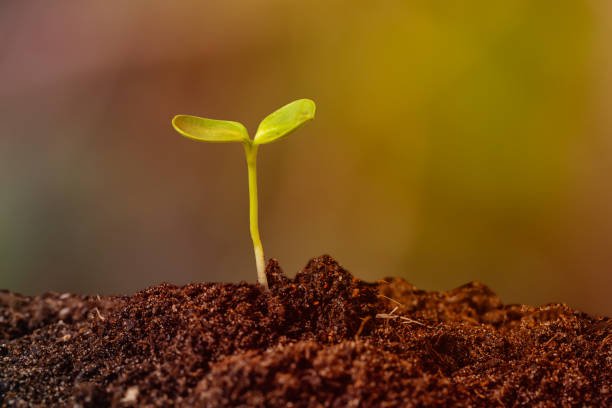
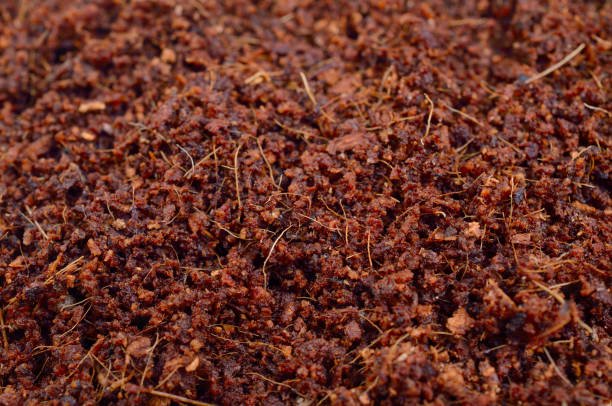
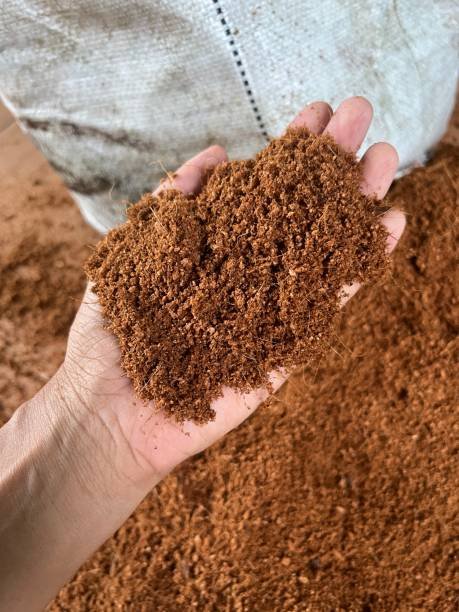
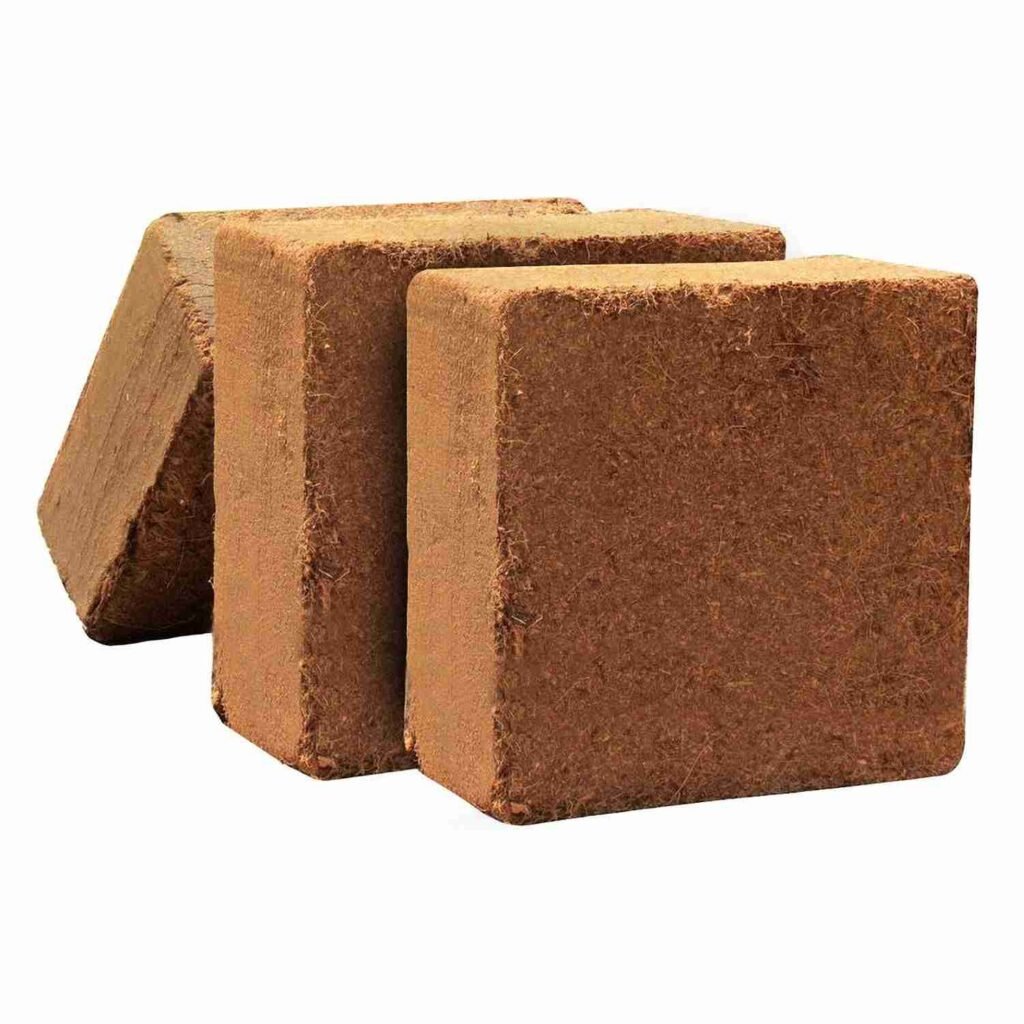
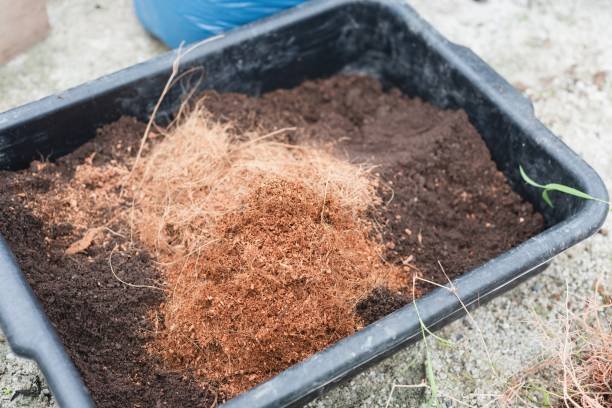
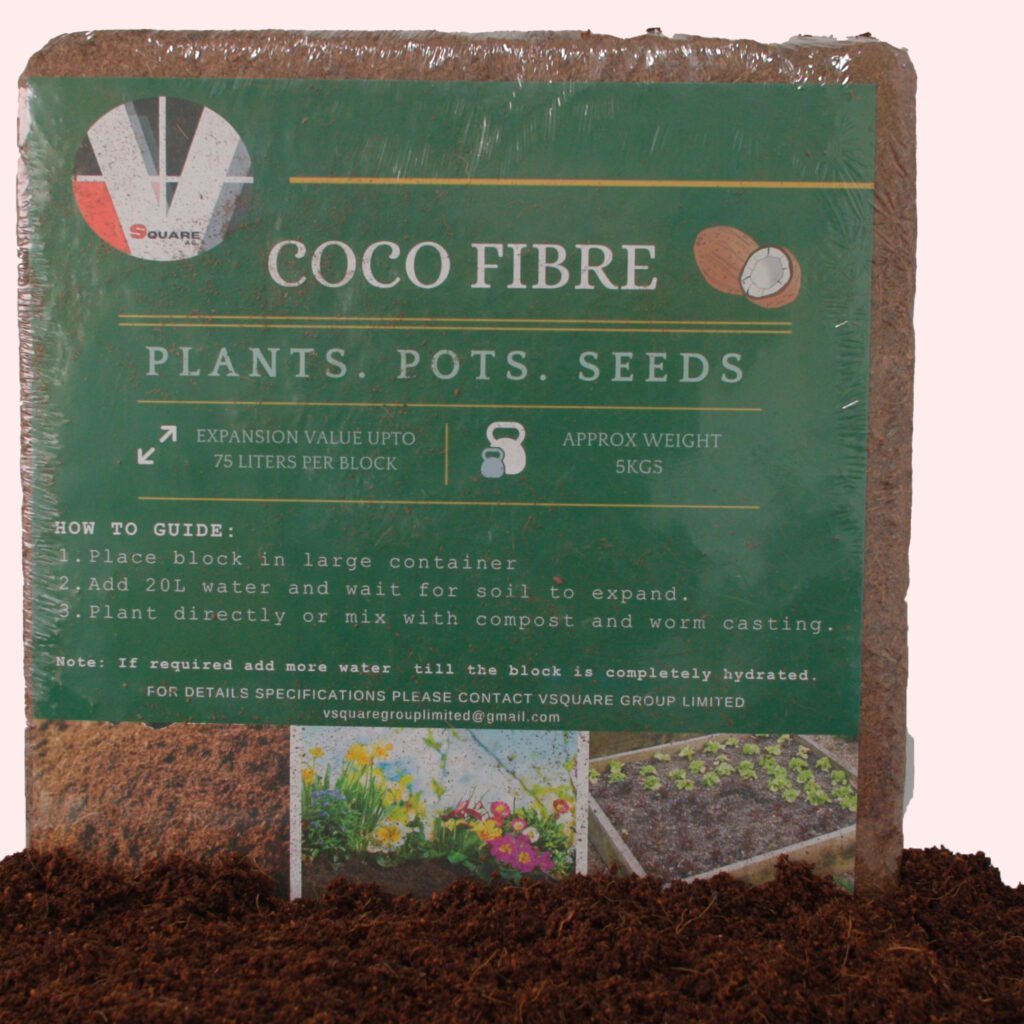
Reuseable
Coco fibre, or coir, is a highly sustainable and reusable material known for its versatility. Commonly used in gardening, it can be repurposed season after season as a soil conditioner or growing medium. After each use, it can be refreshed and reused for new plants or projects. Its durability and natural properties also make it ideal for creating eco-friendly products like mats and brushes. Once it reaches the end of its life, coco fibre can be composted, enriching the soil and completing its sustainable lifecycle. With its multiple uses and biodegradability, coco fibre is a perfect example of a reusable, eco-conscious material.
Multiple Uses
Coco fiber’s versatility allows it to be repurposed across various applications, from gardening to home products like mats, brushes, and insulation. Once it's no longer useful in one form, it can often be reused in a different capacity.
Sustainable
Coco fibre, derived from the husk of coconuts, is a highly sustainable material that offers a natural, eco-friendly alternative to synthetic products. Biodegradable and renewable, it’s an environmentally responsible choice for a variety of uses, from gardening to eco-conscious home goods. Coco fibre requires minimal processing and has a low environmental impact, making it a more sustainable option compared to plastic or synthetic materials. Its ability to decompose naturally ensures it won’t contribute to long-term waste, making it a perfect choice for those looking to reduce their environmental footprint.
Biodegradable
Unlike synthetic fibers, coco fiber is completely biodegradable, breaking down naturally over time without polluting the environment. This makes it an eco-friendly alternative to materials like plastic or synthetic textiles.
Feel Free To Contact & Get In Touch !
Email Address :
vikram.s@cocofibre.org
Phone Number :
0800 713 728